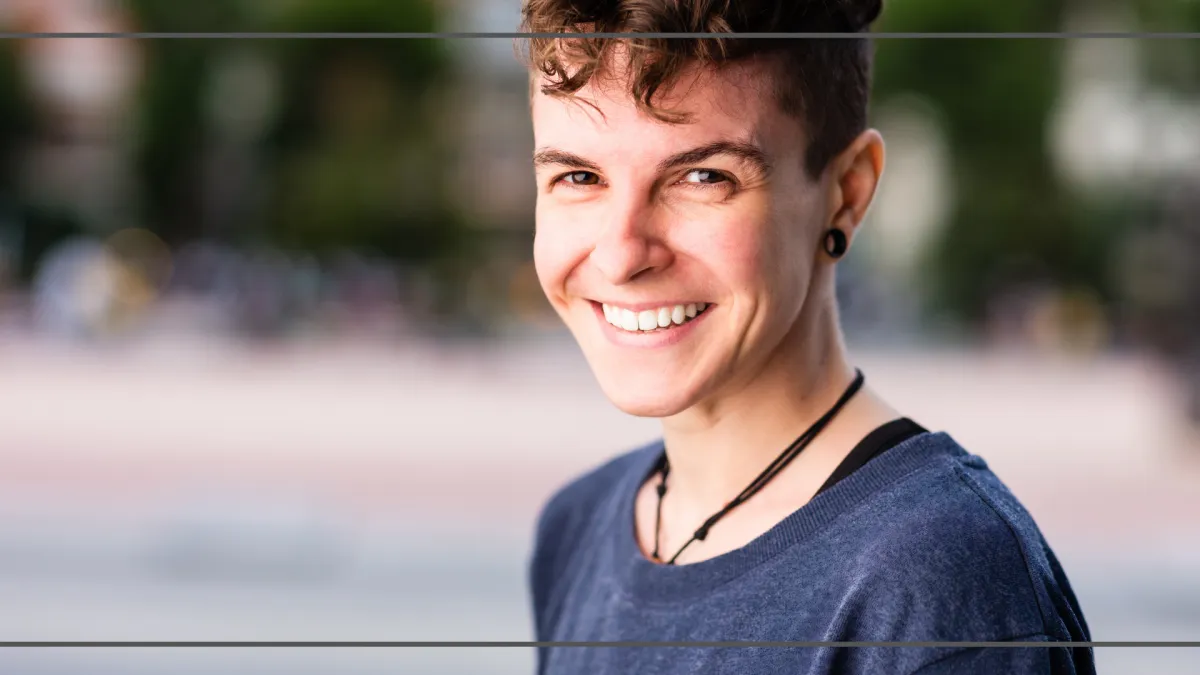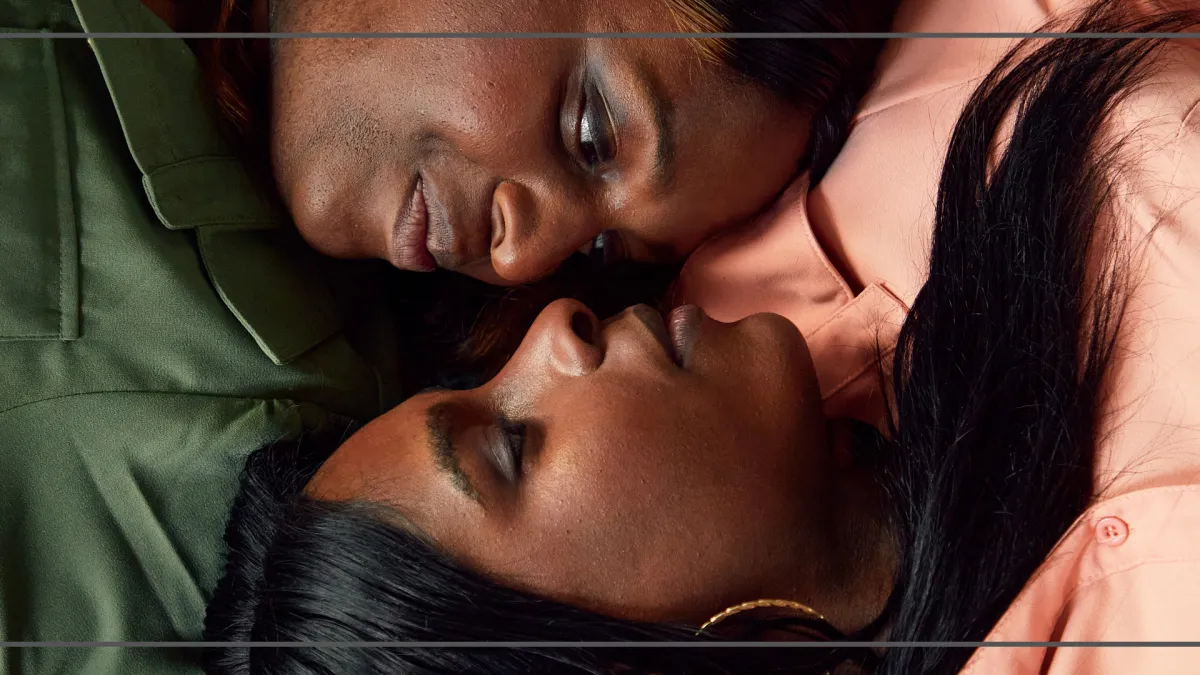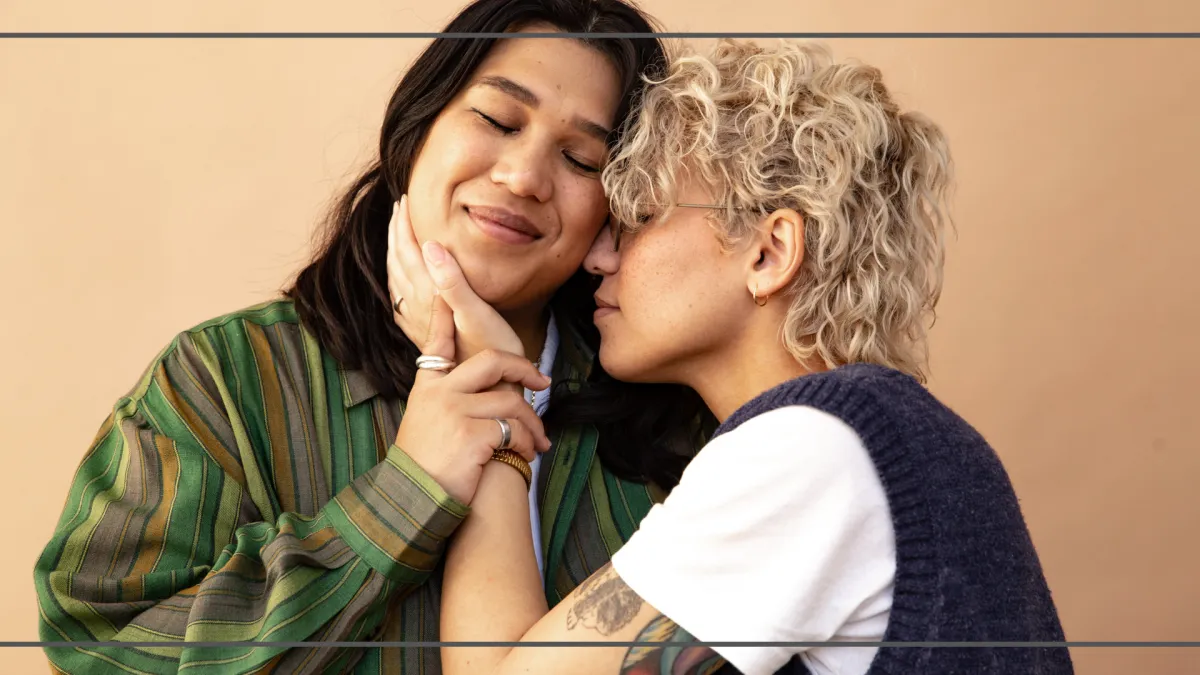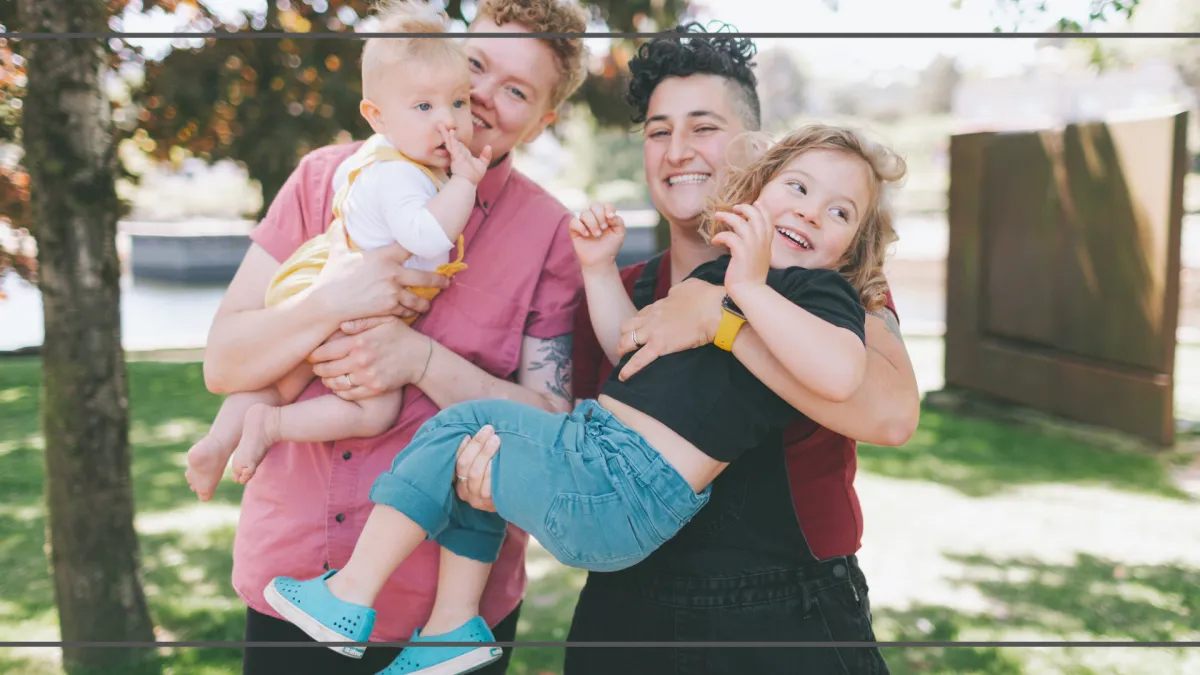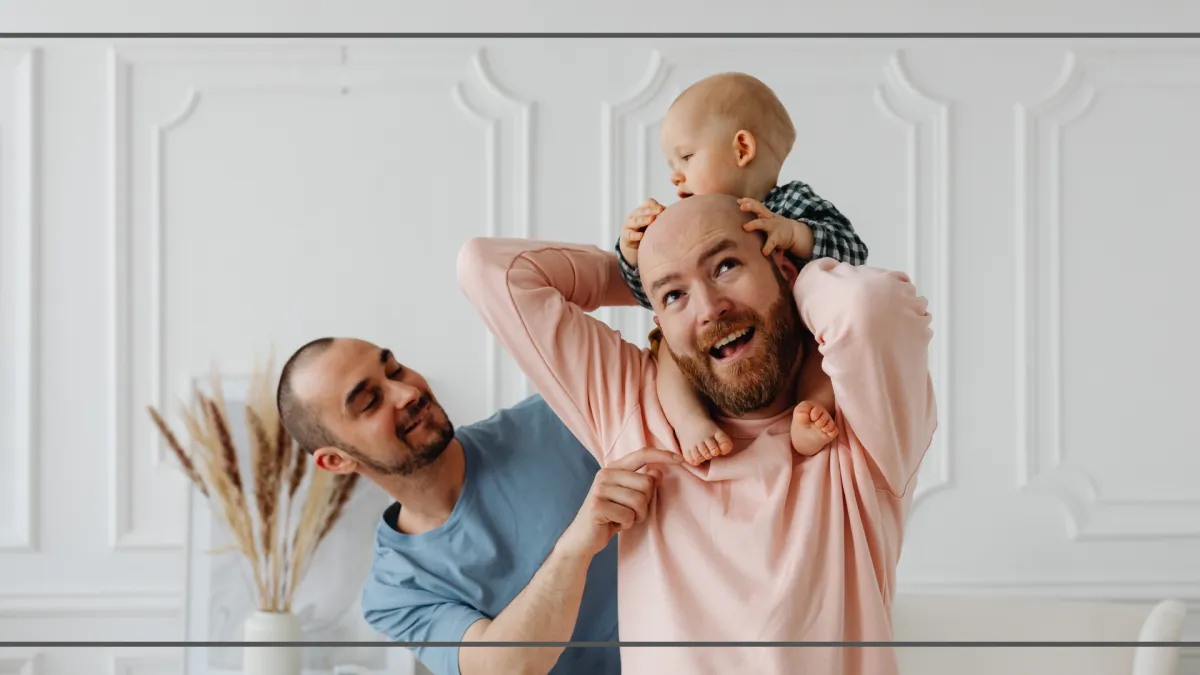Dear Past, Thanks for all the lessons.
Dear Future, I'm ready to kick ass.
Welcome to FlowArt Therapy, established in 2016 by Dr. Misty Gibson. Our practice is all about supporting neurodivergent and queer folks with a fresh, inclusive approach to mental health. Dr. Misty, with her extensive credentials (PhD, LMHC, LCPC, LCPAT, ATR-BC, CST, ACS, ATCS, NCC, BC-TMH), is a specialist in neurodivergent and queer concerns and an AASECT Certified Sex Therapist.
Our awesome team of therapists are trained and passionate about working with neurodivergent folx and queer folx, as well as people in open relationships, polyamorous dynamics, relationship anarchy, and the BDSM community. Under Dr. Misty’s expert guidance, we focus on providing affirming and culturally competent care for those who are often marginalized by traditional mental health services. At FlowArt, we celebrate your individuality and offer innovative, tailored care that respects and values your unique journey.
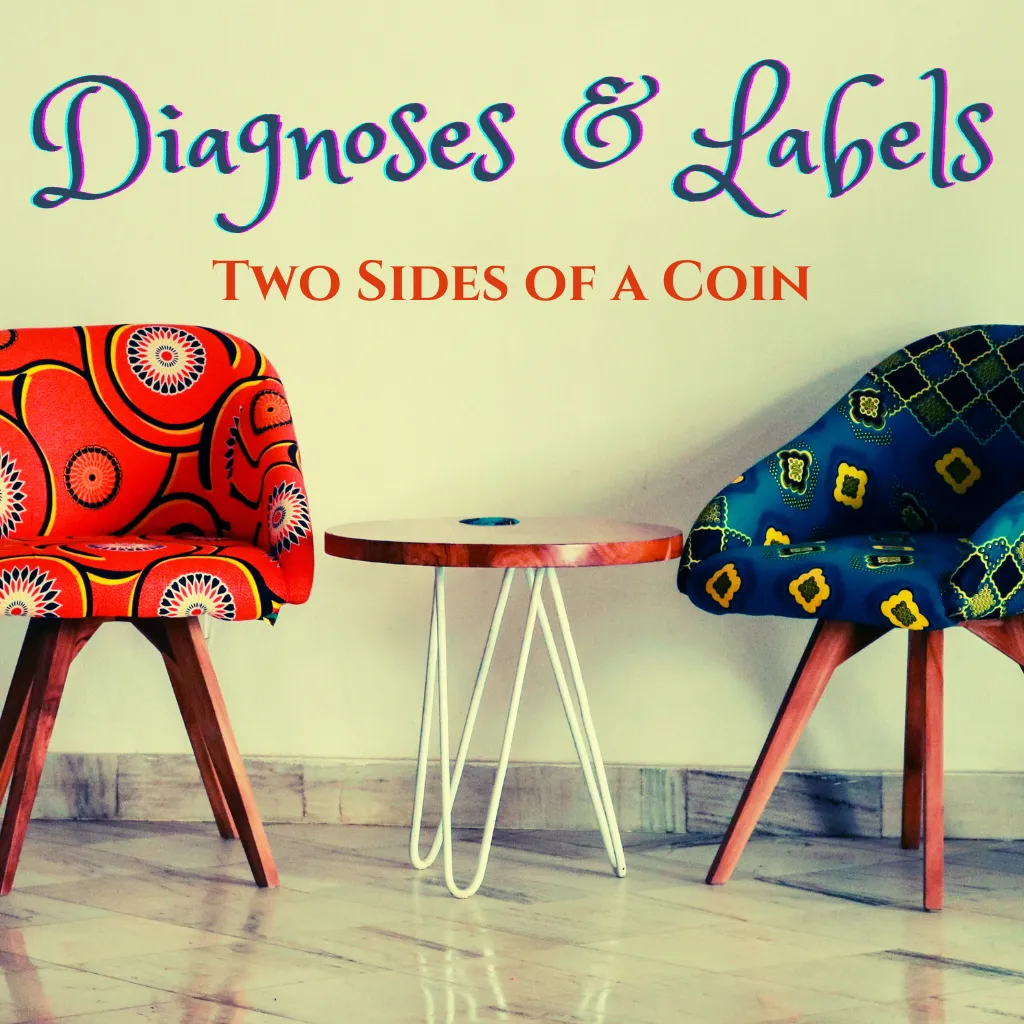
Diagnoses and Labels: Two Sides of The Coin
This article was written by FlowArt Therapy's Alli Fisher, who specializes in art therapy with neurodivergent kids, teens, and young adults processing through trauma. Alli is currently welcoming new clients at our practice.
Listen to this article here ⤵️
For many, a diagnosis can feel validating and provide insight into their experiences. This has been the case for clients in this community and fellow therapists, whether self-diagnosed or formally diagnosed. However, for others, it can have a negative impact. Some individuals who receive diagnoses may take on these diagnoses as identities, further labeling themselves. These labels can sometimes lead to feelings of confusion, frustration, limitation, being boxed in, discrimination, and more.
This has been my experience through my own mental health journey. There have been times when I felt I might qualify for a diagnosis, but I believed I would not gain anything positive from having the label. I feared that if I had a diagnosis, I wouldn’t be seen as a full human being and would instead be viewed solely as the diagnosis. I feared that a diagnosis would not encapsulate all of me, leaving me feeling frustrated. I did not want my journey to be boxed in because I felt that what makes up who I am is much more than these labels. I began to see the things I experienced as just parts of me, pieces of a greater whole, things I accepted or grew to love about myself, without the label. I chose to work through these aspects as they appeared when needed, and for me, this approach has worked beautifully.
I feel fortunate that this was a privilege I could have. I was able to live in a world where I had the choice, knowledge, and support from others to make this possible. I recognize that for others, this is not always the case, depending on the accommodations they need for school or work, the support or acceptance they seek from doctors or others, access to medication or insurance, the intensity of symptoms, and more.
As a therapist, I generally work this way as well. I work with the whole individual. I see all the parts that make up the whole person, and we work from there. I pull research proven to help the symptom or the situation. These symptoms may relate to a diagnosis, but ultimately, I focus on each part and each goal, working with the whole individual.
That being said, I do see the power in having a diagnosis as well. I understand how naming what someone has experienced can be validating. A label can make you feel less alone, supported by others in a shared community, and help you reach out to others with a shared experience. I know that some people with a diagnosis become more understanding of themselves and less judgmental. Additionally, I see how it can open levels of support within society. Therefore, if a client expresses an interest or need for a diagnosis, I support the client in this. We explore it together and collaboratively work to diagnose them with what aligns most closely with their experiences. From there, we continue to discuss and incorporate the diagnosis into sessions as it feels natural and fitting.
Ultimately, I encourage you to do what feels like the best fit for you!
Alli Fisher, MA, LMHCA, ATR-P
Art Therapist, FlowArt Therapy
Focus on Young Folx with Trauma
About Dr. Misty Gibson
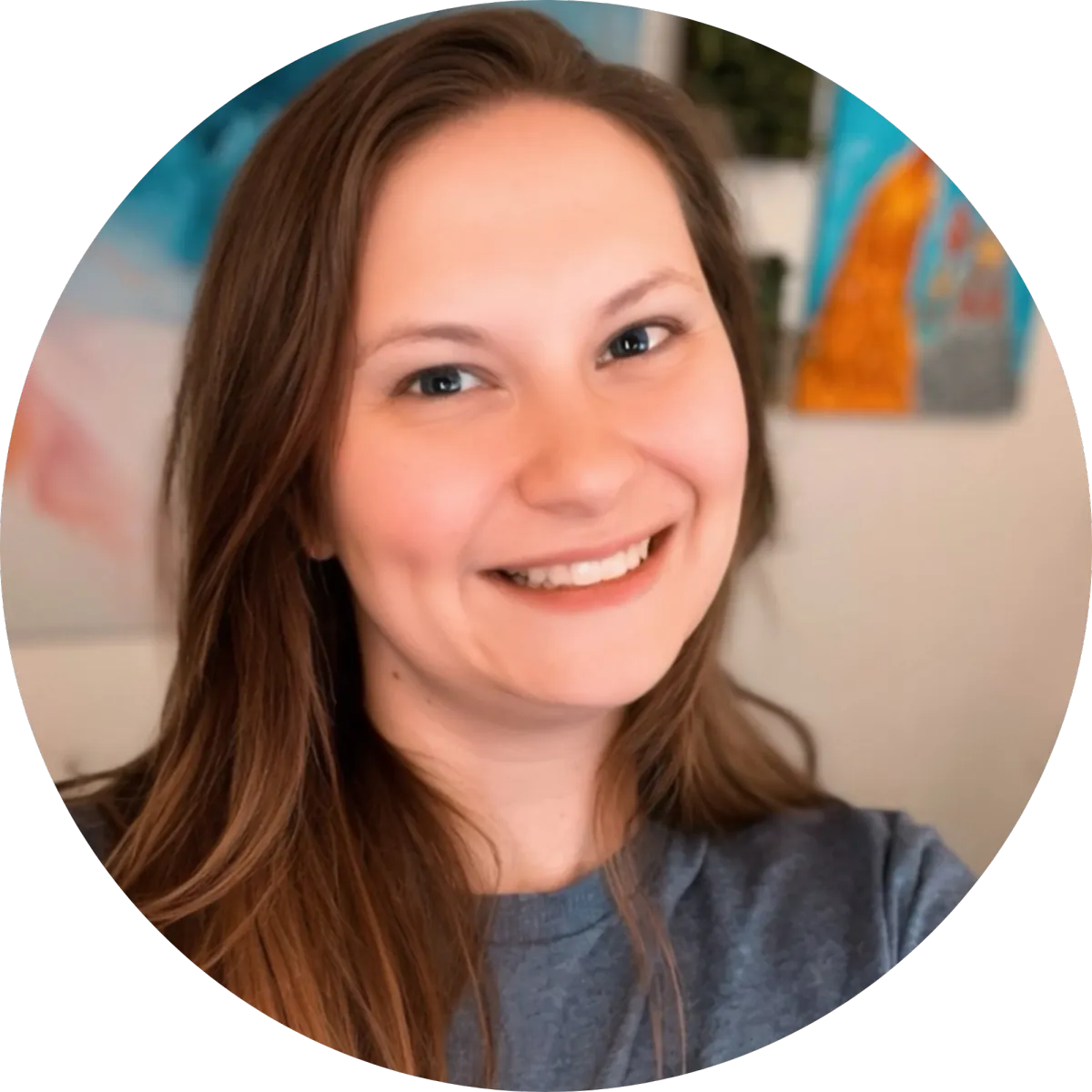
Dr. Misty began FlowArt Therapy as a solo venture in 2016. As she worked alone, she realized that the unique population she serves needed more specialized mental health care than she could provide by herself. In 2020, Dr. Misty decided to expand into a group collective, inviting interns and associates to join her in practicing clinical mental health and sex therapy for neurodivergent, queer, polyamorous, and kinky individuals.
Over the years, Dr. Misty has trained many students, interns, and associates in competent, compassionate, and consent-based therapy, using a relational-cultural approach. To be a part of FlowArt Therapy, it’s essential that all therapists are sex-positive, neurodivergent-informed, and committed to continuing their education in these areas. Dr. Misty has transformed her practice into a collaborative teaching space, where she closely models and trains therapists in these focused methods.
Together with her colleague and business partner, Michell Brockman, Dr. Misty is expanding the reach of FlowArt. They’re working on bringing on-demand learning opportunities to the public and to clinical mental health practitioners about the intersection of neurodivergence and queer identities through FlowArt Academy, The Sparkle Newsletter, The Sparkle App (coming soon), and the Neurosparkly podcast.
What's On
Check out the things we are working on within FlowArt and beyond!
Check Out Our News!
Our newsletter, The Sparkle, is chock full of great articles and insights focused on neurodivergence, queer identity, and other amazing content. We often have cool freebies included too, so don't miss out!
FlowArt Therapy
Dr. Misty's group practice that inspired it all, is always taking new clients! We focus on queer issues and neurodivergent humans, particularly adults who are newly exploring their neurodivergent identities, as well as polyamorous and kinky folx! Let's get you started on therapy!
On Demand Courses
The courses on FlowArt Academy are focused on topics for neurodivergent and queer folx and the people who love them. We provide great learning to bring awareness and support for neurodivergent/queer/adjacent identities.
Listen to Our Podcast!
Our podcast, Neurosparkly, is funny, insightful, and genuine, and we'd love it if you check it out! Neurosparkly publishes a new episode every week where we share our thoughts and have great conversations & guests!
FlowArt's The Sparkle App
We’re excited to be developing The Sparkle App, bringing you daily content on courses and programs focused on neurodivergence and queer identity, as well as bespoke programs specific to your learning interests. Stay tuned for an amazing experience designed just for you!
If you are in crisis, please do not use this site. For more crisis services and information about police intervention, please click the button below:
If you or someone you know is in immediate, life-threatening danger and decide to call 911, please be aware that police are not equipped to offer mental health support and may even pose danger to People of Color, Neurodivergent people and Disabled people.
Please ALSO reach out to community leaders, neighbors, friends, and family to be present if you are calling the police.
Please note that some crisis line workers are mandated to report calls regarding suicide to the police. If this is a concern, we encourage you to first ask about their reporting policies before sharing.
© 2024 FlowArt
The information contained in this Web site and from it's resources is for general guidance on matters of interest only. The information contained in this website is for general information purposes only. The information contained in or through our website is not intended to provide medical advice and is not intended to be a substitute for professional medical advice, diagnosis or treatment that can be provided by your own Medical Provider (including doctor/physician, nurse, physician’s assistant, or any other health professional), Mental Health Provider (including psychiatrist, psychologist, therapist, counselor, or social worker), or member of the clergy. The website and its education resources are not be used as a substitute for consultation with a professional psychologist or other professional health or medical provider. Therefore, do not disregard or delay seeking professional medical, mental health or religious advice because of information you have read on this website or received from us. Do not stop taking any medications without speaking to your own Medical Provider or Mental Health Provider. If you have or suspect that you have a medical or mental health problem, contact your own Medical Provider or Mental Health Provider promptly.




